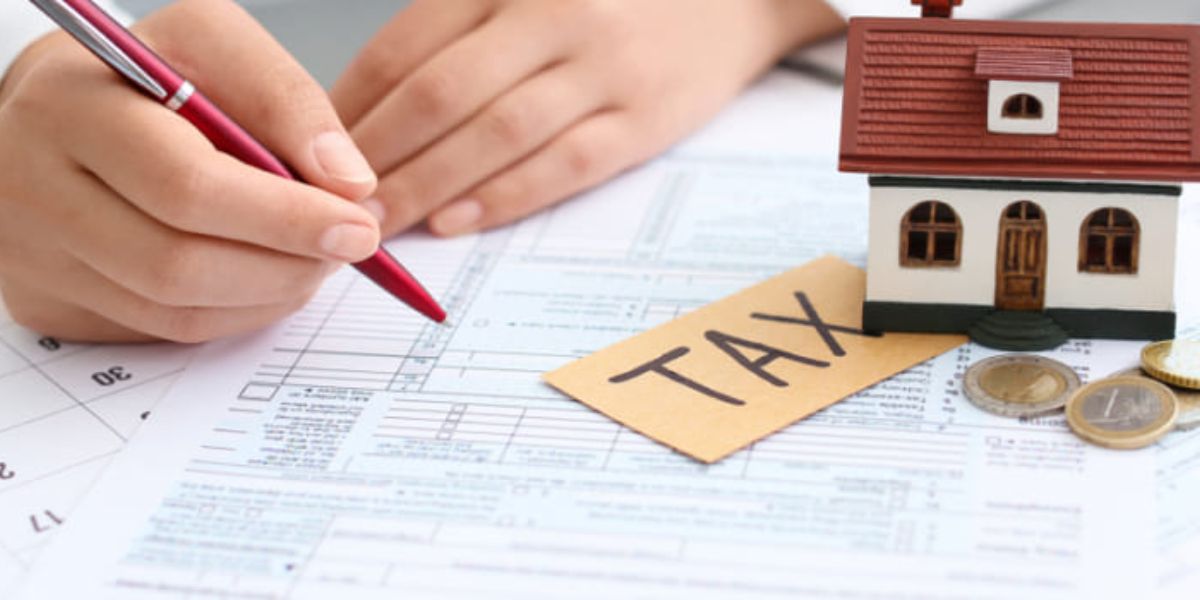Property taxes are charges levied against real estate owners. This is usually done by the local government and laid against the real estate within the specific jurisdiction.
The amount of taxes owed is calculated based on a percentage of the assessed value of the specific real estate. These taxes form an important source of income for most of the local governments within the United States. Funds obtained via this method are channeled back to cover costs for things such as road construction and repair, schools, etc.
The intricate workings of US property taxes: Be informed
These property taxes are paid by the owner or owners of the real estate. This can be a legal entity, such as a corporation, or merely just an individual.
Tax assessments are done on all the real estate that an individual owns, and may include the primary residence, second home, or any rental property. Property taxes fall under the classification of a regressive tax system.
The determination of the tax amount is done by considering the value of the property owned. This can include the structures and land. In certain jurisdictions, tangible personal property can also be taxed. These include things such as boats and cars. Property taxes, as well as the specific types of property taxes, vary by jurisdiction. To calculate property taxes, the property tax rate is multiplied by the current market value of the property.
A measurable effort towards tax relief in the State of Atlanta
A recent affordable housing initiative has set in motion a plan whereby tax relief will be provided to eligible senior homeowners. These candidates are at the greatest risk of displacement due to the rising costs of property taxes.
Atlanta’s Anti-Displacement Tax Relief Fund is a combined effort between Invest Atlanta and the City of Atlanta. Funding for this program was received from the Centennial Yards Housing Trust Fund.
These funds amount to $10 million. According to this program, an increase in taxes above the homeowner’s base taxes will be paid for 20 years.
This will be for qualifying applicants, payable for this duration, and dependent on the eligibility of the individual. The application deadline is 31 May 2025. Eligibility criteria will be based on age, income limits, residency as well and homeownership.
Eligibility criteria for the Atlanta property tax program
A recent emergency news conference aimed to promote this program. The meeting was conducted by Atlanta City Council District 11 candidate and former vice president at Morehouse School of Medicine, Wayne Martin. Held in Southwest Atlanta, Martin was joined by community supporters as well as senior residents who have received benefits from this program. With the looming deadline approaching, Martin noted:
“With just two weeks left before the deadline, I want every senior homeowner in Atlanta to hear this message clearly: Help is available, but you must act now.”
Some of the qualifying factors are that residents should be aged 60 years or older. They must also have lived within Atlanta since 2015 and maintain an active form of homestead exemption. Certain income limits apply. Homeownership should be free of encumbrances or liens. Property taxes will be frozen at the current rate and cover the increases for the coming 20 years.
The program is privately funded and thus not dependent on city tax revenues. This contribution made by the Centennial Yards forms part of the community benefit agreement and is tied to the overall major downtown redevelopment project.
Those individuals who have already applied for this program have commended on the overall relief it provides, bringing a certain peace of mind with regards to tax increases. Great effort has been put in place to ensure that the program is promoted to all those who can benefit from it.

 by
by 

